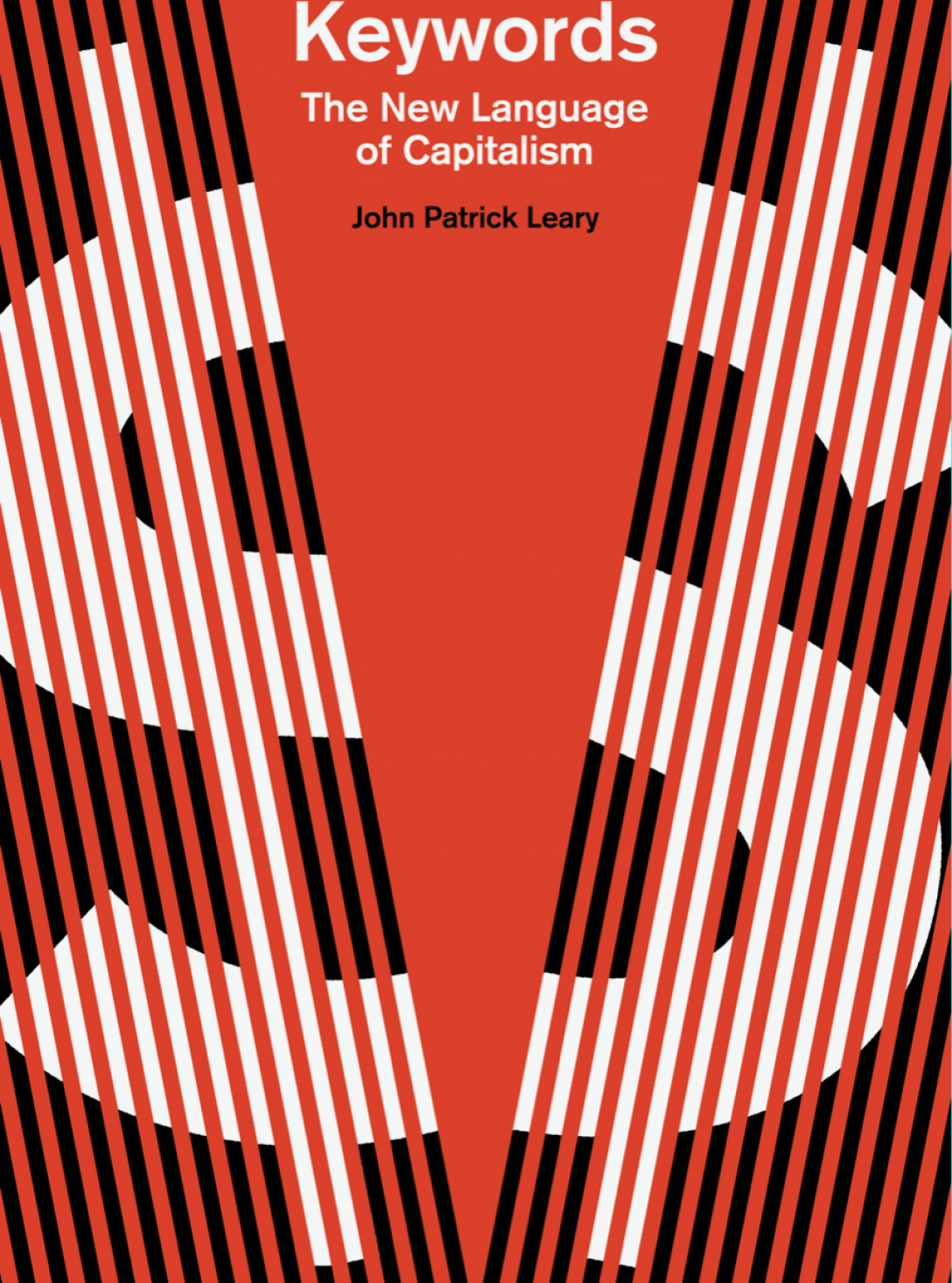“Job Creation” is the grace bestowed from on high by a propertied class that loves us. Long ago, when the economy was formless and empty, and darkness was over the surface of the deep, the first entrepreneurs created the first jobs. All good things were made by these entrepreneurs; without them there was not any thing made. And yet our benighted ancestors knew job creation only as “dispossession,” “the transfer of wealth from those who labor to those who are idle,” “theft,” etc. Indeed, before the revelation of the Job Creators—roughly the mid-1990s—men knew knew only “industries” and “bosses.” If they spoke of “job creation” at all, they referred to sectors of the economy, and not men (or occasionally women). The steel industry or pharmaceuticals, for example, were often called “job creators,” but it was not until the coming of the prophet Newt Gingrich that the world came to know a steel or pharmaceutical executive by his rightful name: the Job Creator.
The job creators were in the world, in other words, and yet the world knew them not. Even prophets of job creation like Ronald Reagan and George W. Bush often referred to “small businesses” as “job creators.” Rarer, though, was the use of “job creators” to refer to the actual people—the believers, the righteous ones—who summon jobs out of the formless void. Gingrich knew in 1991 that the sinners who say they hate capital gains tax cuts really “hate job creators.” Steve Forbes, a job creator himself, told the New York Times in 1996 that American “job creators” alone understood the importance of tax cuts on investment income. The path of righteousness, after all, can be a lonely one, as the Entrepreneur knows only too well. But the Job Creators persevered, living in mostly quiet harmony with the rest of us, their employees, enjoying robust tax cuts and deregulated financial markets. And then came Obama.
It was during his 2011-12 reelection campaign that the masses of people came to know “job creators,” thanks to the ardent soldiers of the faith who said the phrase repeatedly on on television. “You talk to job creators around the country like we have,” said John Boehner, “and they’ll tell you the overtaxing, overregulating and overspending that going on in Washington is creating uncertainty and holding them back.” Job creators toiled once again in lonely exile, persecuted by uncertainty, tending their flock of disciples among the empire’s far-flung golf courses, office parks, and Lexus dealerships.
The Job Creators then brought forth a man in 2012—and called him (Herman) Cain, a pizza job creator. Cain co-founded the Job Creators Network, a lobbying organization which, with the help of the guy who owns Home Depot and the founder of Camp Bow-Wow, America’s “premier dog day care,” set out to preach the Word: that “government policies are getting in the way of the economic freedom that helped make this country prosperous.” And with the help of Rick Berman, a Republican political consultant who has bravely taken on the Pharisees in labor unions and Mothers Against Drunk Driving, the Job Creators Network grew.

When it came time to defend the Trump tax cuts, the Job Creators Network saw that their employees did not honor them, their job’s creators, and yet the Job Creators declared that they did so love their employees that they would work to repeal hate food safety rules, banking regulations, and taxes for top earners. “Am I my brother’s keeper?” asked (Herman) Cain, and the Job Creators answered, well, it depends what you mean by “keeper,” for we “are strong believers in the can-do attitude of Americans and an entrepreneurial spirit that propelled our nation into prosperity.” We are your employers; be grateful.
Thus saith the Job Creators. Amen.

